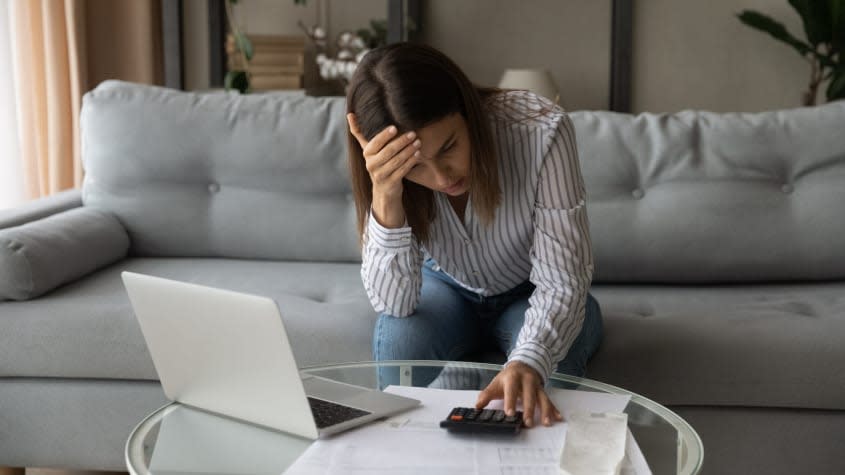The trouble with 'buy now, pay later'

Here are three of the week's top pieces of financial insight, gathered from around the web:
A deal to regret at JPMorgan
JPMorgan Chase's purchase of Frank, a college financial-aid business, went sour fast, said Melissa Korn and David Benoit in The Wall Street Journal. The bank bought Frank for $175 million in 2021 after a pitch from Frank founder Charlie Javice. Frank "offered a tool to simplify federal financial-aid forms"; Javice claimed it had 4.25 million users, but when JPMorgan sent out marketing emails to Frank's customers, 70 percent bounced back. JPMorgan says Frank had fewer than 300,000 real users, and it is suing, saying Frank's leaders "duped the bank by making up millions of fake student accounts." Javice's lawyer says JPMorgan "rushed" to buy the "rocketship business" but "realized they couldn't work around existing student privacy laws, committed misconduct," and turned on Javice when she "blew the whistle."
The trouble with 'buy now, pay later'
Buy now, pay later programs have exploded in popularity, said Mac Schwerin in The Atlantic. They've gone from $2 billion in 2019 to $24.2 billion in 2021. Financial-technology firms like Affirm, Afterpay, and Klarna have "infiltrated nearly every corner of e-commerce," letting consumers pay for purchases in several interest-free installments. Buy now, pay later (BNPL) loans are especially popular with young people who are wary of credit-card debt and reject "stodgy banks." But this bubble could soon pop. Like young credit-card holders, "BNPL users under 25 have the highest default and delinquency rates." If the economy tanks and "credit dries up," they might find that the accumulated debt of TVs and sweaters has "hobbled their credit history at the worst possible time."
Buying out your auto lease
If your auto lease is about to expire, said Alexis Leondis in Bloomberg, you should think about exercising the option to buy. The average new-car payment is now $728 — up from $588 just two years ago. For most people, it makes sense to "delay buying a new car until prices come down." But that may not work if your lease is ending now. You'll "face high interest rates, with few dealer perks to offset them." Deals on luxury cars are a bit better, but prices are still at historic highs. On the other hand, the "residual value" — the price to buy out your current lease — is based on estimates made when the lease started and used-car prices were lower. Essentially, you're "able to buy your leased car for a discount."
This article was first published in the latest issue of The Week magazine. If you want to read more like it, you can try six risk-free issues of the magazine here.
You may also like
2023 Oscars: 12 contenders who could earn surprise nominations

